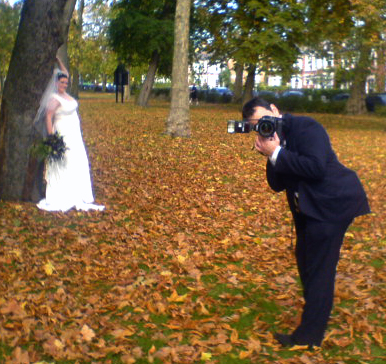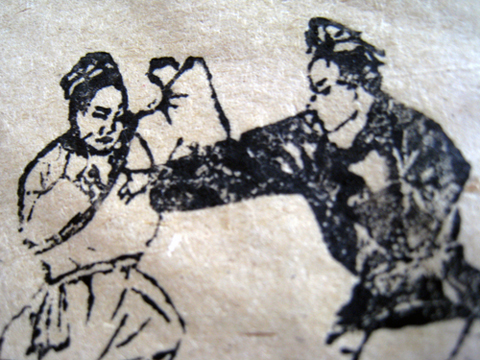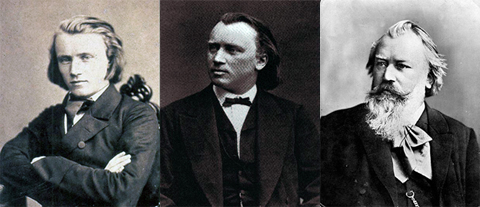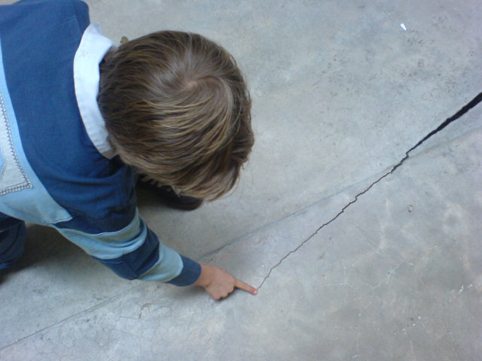Wonderful To Meet
October 28th, 2007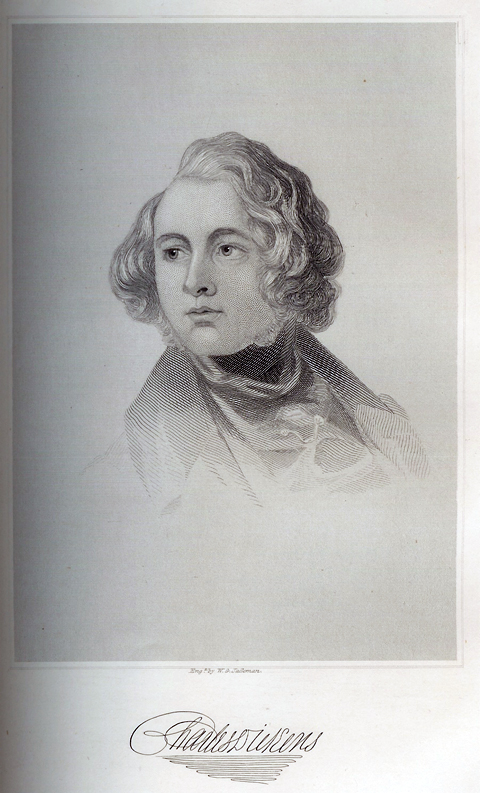
LONDON. Michaelmas Term lately over, and the Lord Chancellor sitting in Lincoln’s Inn Hall. Implacable November weather. As much mud in the streets as if the waters had but newly retired from the face of the earth, and it would not be wonderful to meet a Megalosaurus, forty feet long or so, waddling like an elephantine lizard up Holborn Hill. Smoke lowering down from chimney-pots, making a soft black drizzle, with flakes of soot in it as big as full-grown snow-flakes — gone into mourning, one might imagine, for the death of the sun. Dogs, undistinguishable in mire. Horses, scarcely better; splashed to their very blinkers. Foot passengers, jostling one another’s umbrellas in a general infection of ill-temper, and losing their foot-hold at street-corners, where tens of thousands of other foot passengers have been slipping and sliding since the day broke (if the day ever broke), adding new deposits to the crust upon crust of mud, sticking at those points tenaciously to the pavement, and accumulating at compound interest.
Fog everywhere.
So To Speak
October 24th, 2007Religion is consciousness of the infinite. Religion therefore is “nothing else than the consciousness of the infinity of the consciousness; or, in the consciousness of the infinite, the conscious subject has for his object the infinity of his own nature.” Thus God is nothing else than man: he is, so to speak, the outward projection of man’s inward nature.
Ludwig A. Feuerbach
Das Wesen des Christentums
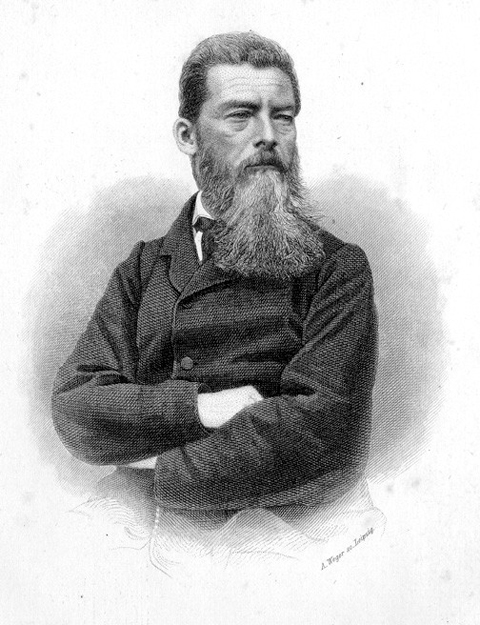
Colour
October 23rd, 2007Ponti’s idea was simple. He had four suits made: two for winter, two for summer; two of which were formal (for society events) and two casual (for the drawing board and the building site). And though fabrics would alter from season to season, the suits were virtually identical in cut (the workwear jackets had two extra pockets to hold Ponti’s many pens). He was also specific about colour: pale blues, sand and cement grey for summer; black, charcoal grey and blue for winter.
The suit soon became Ponti’s uniform, and he rarely wore anything else.
Love Interests
October 23rd, 2007柔術
October 23rd, 2007Rühmlich Ausgezeichneter Teutscher
October 23rd, 2007Shibboleth
October 23rd, 2007The Toothless Smile
July 15th, 2007A photograph shows us, Alta and me, in a mountain cabin, cuddling together under the covers. Not exactly cuddling since Alta has straightened up to offer her face to the camera. Alta is smiling. She is eight years old. It is difficult to look more radiantly happy. Alta smiles joyfully, showing all her teeth - or rather her “no-teeth”. For this is the subject I want to write about: the fabulous, devastating smile of the toothless. In her open mouth you can see baby teeth, gaps, permanent teeth coming in, and grooved permanent teeth just emerging. Never again will she have a more unaesthetic or more beautiful smile. This photograph moves me to tears. How many times do I say to her in our daily lives, after she has shown them to me, “How I love your teeth!” Alta laughs but doesn’t understand. She certainly feels it’s odd that anyone should value this oral stage to such degree, but she accepts me as I am and understand things that cannot be said. In this smile so ephemeral, so fleeting, there is such fragility, such indifference to seduction, such an offering of the self in its wretched, unfinished state: in a word, such grace. Nothing speaks so perfectly of smallness, of residue, nor of the fugitive nature of things as the implausible brilliance of that jumbled diadem. Only children at this age, dogs, or unrefined old men can offer the world this beneficent abyss.
Calm Cheerful Contented
June 9th, 2007The great source of both the misery and disorders of human life, seems to arise from over-rating the difference between one permanent situation and another. Avarice over-rates the difference between poverty and riches: ambition, that between a private and a public station: vain-glory, that between obscurity and extensive reputation. The person under the influence of any of those extravagant passions, is not only miserable in his actual situation, but is often disposed to disturb the peace of society, in order to arrive at that which he so foolishly admires. The slightest observation, however, might satisfy him, that, in all the ordinary situations of human life, a well-disposed mind may be equally calm, equally cheerful, and equally contented. Some of those situations may, no doubt, deserve to be preferred to others: but none of them can deserve to be pursued with that passionate ardour which drives us to violate the rules either of prudence or of justice; or to corrupt the future tranquillity of our minds, either by shame from the remembrance of our own folly, or by remorse from the horror of our own injustice. Wherever prudence does not direct, wherever justice does not permit, the attempt to change our situation, the man who does attempt it, plays at the most Unequal of all games of hazard, and stakes every thing against scarce any thing. What the favourite of the king of Epirus said to his master, may be applied to men in all the ordinary situations of human life. When the King had recounted to him, in their proper order, all the conquests which he proposed to make, and had come to the last of them; And what does your Majesty propose to do then? said the Favourite.—I propose then, said the King, to enjoy myself with my friends, and endeavour to be good company over a bottle.—And what hinders your Majesty from doing so now? replied the Favourite. In the most glittering and exalted situation that our idle fancy can hold out to us, the pleasures from which we propose to derive our real happiness, are almost always the same with those which, in our actual, though humble station, we have at all times at hand, and in our power. except the frivolous pleasures of vanity and superiority, we may find, in the most humble station, where there is only personal liberty, every other which the most exalted can afford; and the pleasures of vanity and superiority are seldom consistent with perfect tranquillity, the principle and foundation of all real and satisfactory enjoyment. Neither is it always certain that, in the splendid situation which we aim at, those real and satisfactory pleasures can be enjoyed with the same security as in the humble one which we are so very eager to abandon. examine the records of history, recollect what has happened within the circle of your own experience, consider with attention what has been the conduct of almost all the greatly unfortunate, either in private or public life, whom you may have either read of, or heard of, or remember; and you will find that the misfortunes of by far the greater part of them have arisen from their not knowing when they were well, when it was proper for them to sit still and to be contented. The inscription upon the tomb-stone of the man who had endeavoured to mend a tolerable constitution by taking physic, “I was well, I wished to be better; here I am” may generally be applied with great justness to the distress of disappointed avarice and ambition.

